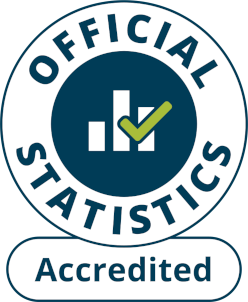Fuel poverty detailed tables 2020
Fuel poverty detailed tables under the Low Income High Costs (LIHC) and Low Income Low Energy Efficiency (LILEE) indicators (2018 data).
Applies to England
Documents
Details
As announced in the government’s 2021 fuel poverty strategy, Sustainable Warmth, official fuel poverty statistical data from 2019 onwards will be based on the Low Income Low Energy Efficiency (LILEE) indicator.
2018 fuel poverty detailed tables under the Low Income High Costs (LIHC) and Low Income Low Energy Efficiency (LILEE) indicators.
Contact us
If you have questions about these statistics, please email: fuelpoverty@beis.gov.uk.
Updates to this page
-
Added detailed tables for 2018 based on the Low Income Low Energy Efficiency (LILEE) fuel poverty indicator which has now replaced the former Low Income High Costs (LIHC) indicator.
-
First published.
